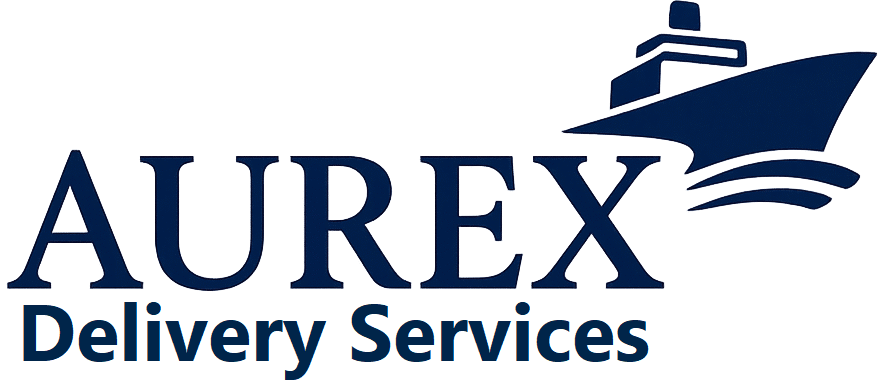

In the modern business environment, logistics plays a critical role in ensuring goods are transported efficiently from suppliers to customers. The right logistics strategy can reduce costs, enhance customer satisfaction, and improve overall operational performance. However, with various options available—ranging from third-party logistics providers to in-house fleet management—choosing the best logistics for your business requires careful evaluation.
Before selecting a logistics provider or system, it’s important to clearly define your company’s requirements. Consider factors such as:
Volume of shipments (daily, weekly, or seasonal peaks)
Type of products (fragile, perishable, heavy, or high-value)
Geographic reach (local, regional, or global deliveries)
Customer expectations (speed, tracking, flexibility)
➡ Tip: A company shipping perishable items will prioritize speed and cold-chain logistics, while one dealing in bulk raw materials may focus on cost efficiency.
Businesses generally choose from different types of logistics solutions depending on scale and complexity:
In-house logistics: Full control over transportation and warehousing but requires higher investment.
Third-party logistics (3PL): Outsourcing to logistics companies for transportation, warehousing, and distribution.
Fourth-party logistics (4PL): Providers manage the entire supply chain on your behalf, integrating multiple 3PLs.
Freight forwarders: Specialize in international shipping coordination across air, sea, and land.
➡ Tip: Small and medium businesses often benefit most from 3PL providers, while larger corporations may prefer 4PL for full supply chain optimization.
A reliable logistics partner ensures on-time deliveries and minimizes risks. Research customer reviews, case studies, and track record.
Modern logistics should offer digital tracking systems, inventory visibility, and data-driven reporting for efficiency and transparency.
Compare pricing structures, but don’t focus only on the cheapest option. The best choice balances affordability with quality service.
Your logistics partner should be able to grow with your business, handling increased demand during seasonal peaks or expansion into new markets.
Responsive communication and problem-solving capabilities are essential for addressing issues like delays, damages, or customs challenges.
For international businesses, a logistics provider with global coverage and strong knowledge of customs regulations is a must.
Cost Savings: Reduced operational costs through optimized routes and warehousing.
Improved Efficiency: Faster order fulfillment and reduced lead times.
Customer Satisfaction: Reliable deliveries enhance trust and loyalty.
Competitive Advantage: A strong logistics system gives businesses an edge in global trade.
If your current provider struggles with delays, lacks transparency, or cannot scale with your business, it may be time to explore alternatives. Businesses should regularly assess logistics performance to ensure alignment with evolving goals.
Choosing the best logistics for business is not a one-size-fits-all decision. It requires evaluating your operational needs, customer expectations, and long-term growth strategy. Whether you opt for in-house logistics, a trusted 3PL provider, or a full-service 4PL partner, the key is to prioritize reliability, efficiency, and scalability.
By selecting the right logistics strategy, businesses can reduce costs, streamline operations, and deliver exceptional value to their customers—laying the foundation for sustainable growth.

At Aurex Delivery Services, we are committed to providing efficient, secure, and reliable shipping and delivery solutions to clients across the globe.
Your inquiries and requests are always welcome.
Copyright © 2025 AUREX DELIVERY SERVICES. Powered By Aurex